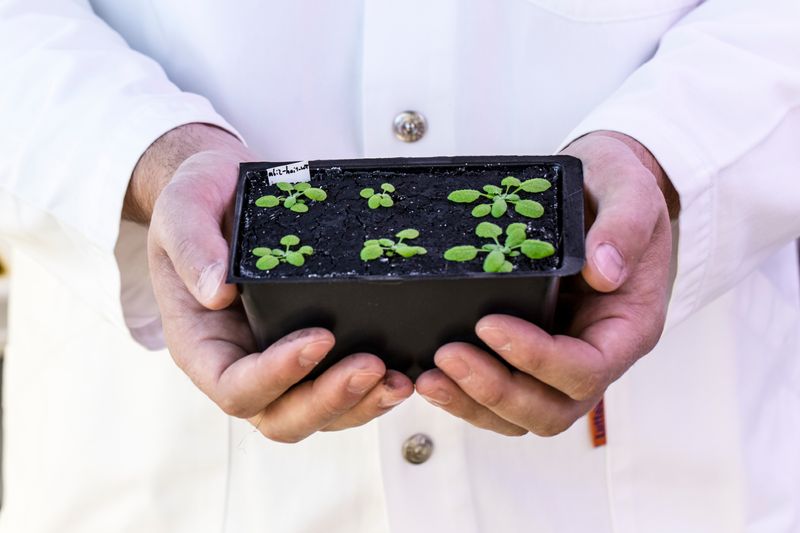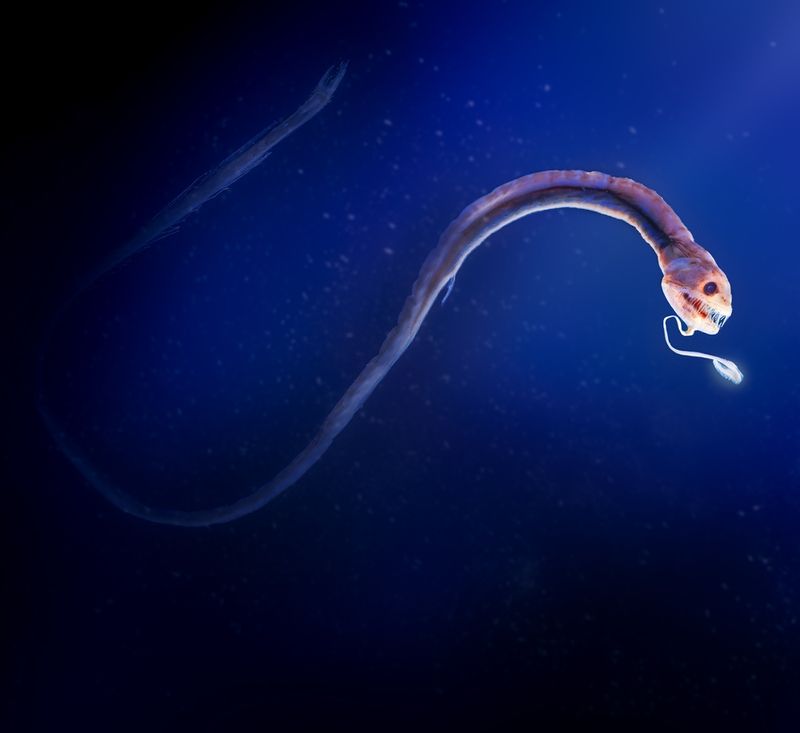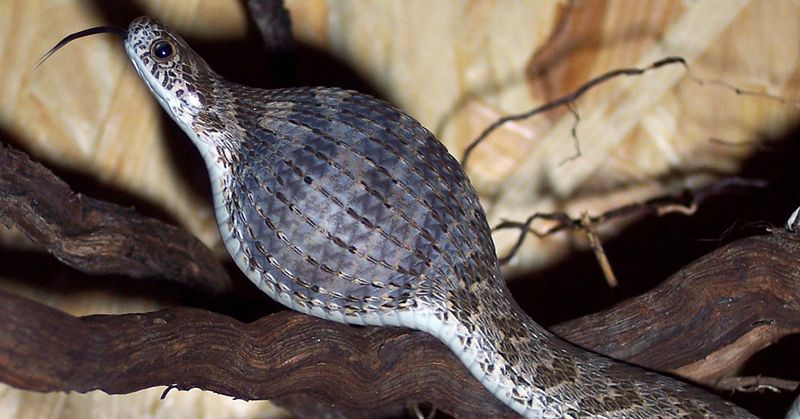Epigenetic inheritance is very important for many organisms, including plants. Now, scientists have uncovered even more about this mechanism, which could have major implications for food supply, agriculture, and the environment.
It was once thought that inheritance was simply the passing along of DNA from parent to offspring. But this is not the case – some organisms also pass down chemical markers that help instruct cells how to use DNA. The passage of these specific markers is called epigenetic inheritance, and in the last few decades, there has been an explosion in the field of epigenetics, especially in plants, where it is so common.
Transposable elements (transposons) are aptly named “jumping genes”, as when they are switched on, they can move around and disrupt other genes. This can sometimes be a dangerous mechanism, so to help protect the genome and silence these genes, cells can attach regulatory markers to specific DNA sites, via something called methylation.
In a new paper that has just been published, scientists have been investigating the protein DDM1 in Arabidopsis thaliana (one of the main model organisms of the plant world). DDM1 is a protein that was first discovered 30 years ago by study author Rob Martienssen and a former colleague, and it is important in DNA methylation.
Plant DNA is often tightly packaged and compact. Cells often wrap the DNA around histones, which are called packing proteins. But this in itself can cause issues, as histones can block access to the DNA, so for methylation to even occur the histones have to be either moved or slid out of the way.
Throughout its history, researchers have found that DDM1 likes to slide along the packing proteins to expose sides that may need methylation. Scientists liken it to a yo-yo gliding along a string. The histones can “can move up and down the DNA, exposing parts of the DNA at a time, but never falling off,” Martienssen explains in a statement.
Investigators have now discovered exactly how the protein makes way for the enzyme that is involved in methylation. This study has used biochemical, genetic, and cyro-electron microscopy experiments to pinpoint exactly what histones DDM1 displaces and to capture images of the enzyme interacting with the associated packing proteins and DNA.
Through investigations, they saw how DDM1 attaches to particular histones and in turn remodels packaged DNA.
“An unexpected bond that ties DDM1 together turned out to correspond to the first mutation found all those years ago,” study author Leemor Joshua-Tor says.
It was also revealed that DDM1 has an affinity for certain histones, which helps preserve important epigenetic controls across the generations. One histone that seems to only be found in pollen is resistant to DDM1 and actually acts like a placeholder during cell division.
“It remembers where the histone was during plant development and retains that memory into the next generation,” Martienssen says.
Overall, this discovery may not just be plant-based, it could cross over into the human world. Humans also need DDM1-like proteins to maintain DNA methylation. This new study could help reveal how these human proteins could keep our genomes functional and intact.
This study is published in the Journal Cell.




